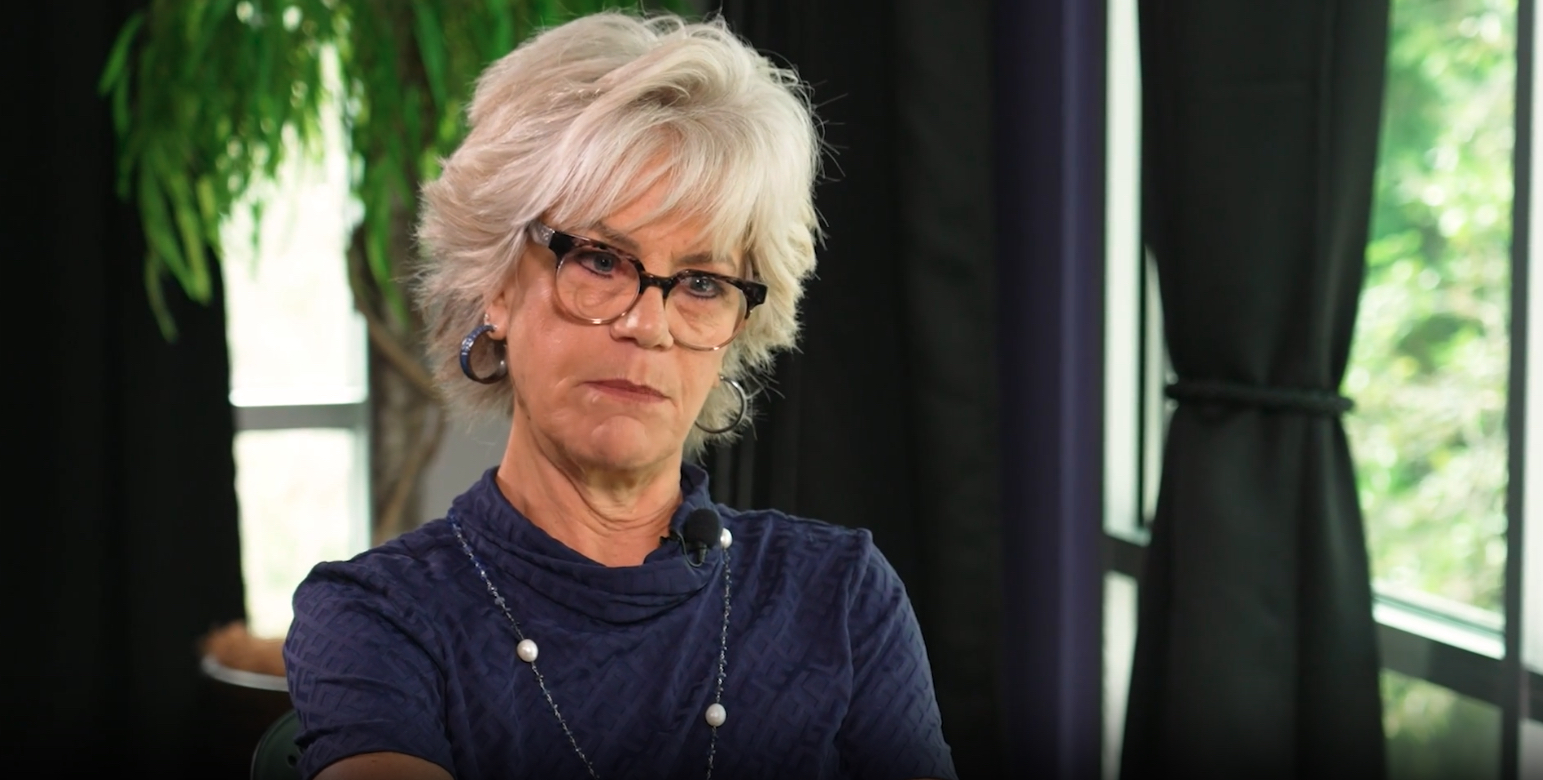Last Updated on September 22, 2021
Caring for a loved one taxes even the most compassionate, resilient people. It’s often a marathon, not a sprint. So, it’s important to learn how to defuse stress and other ways of caring for the caregiver.
There are coping mechanisms. Sometimes, it could be something as simple as stepping outside and taking a deep breath or plugging in your earbuds to listen to your favorite tunes. Ice cream break? Why not!
You are not alone dealing with the emotional overload. There are almost 43.5 million caregivers in the United States. Family caregivers now encompass more than one in five Americans.
The Mayo Clinic notes that “the emotional and physical demands involved with caregiving can strain even the most resilient person. That’s why it’s so important to take advantage of the many resources and tools available to help you provide care for your loved one.
“Remember, if you don’t take care of yourself, you won’t be able to care for anyone else.”
Growing Bolder has compiled useful tips from the Mayo Clinic, along with other respected resources, to give you a game plan to help cope with caregiver stress.
● You are not alone
This is perhaps the most important idea for caregivers to keep in mind. Often, there is a feeling that you must bear 100% of the responsibility because you are the closest relative. Not so.
Reach out and ask for help, whether it’s another family member, friend or neighbor. Even if it’s only for a few hours a week, that will allow you time to decompress. Take a walk; run some errands. Take time to breathe and relax, even if it’s only for a couple of hours.
● Set realistic expectations
You may be in for a long journey – one that, quite honestly, may not have an ideal ending. In situations where it’s appropriate, resources such as Hospice may need to get involved.
In the short term, try not to overextend yourself. Preparing a holiday meal for the family sounds like a wonderful gift during normal times, but caregivers need to save their energy for more pressing matters.
Don’t set yourself up for frustration and failure.
● Love thyself
You are doing the best you can. You will not be perfect, none of us are. You will likely have “bad days” where you want to cry from frustration and exhaustion. All understandable.
Give yourself a break.
● Write it Down
Thanks to brainline.org, which had this suggestion. “Take a few minutes to write down the feelings you’ve experienced in the last 48 hours. Name every one of them, the ‘good’ and the ‘bad.’ Now write complete sentences about each feeling.”
Their suggestions:
I am furious at ______ because _____.
I am sad because ______.
I feel good because _____.
“This is a time when you can be completely honest with yourself because, when you’re finished writing all this, you can just destroy it,” the site recommends. “The point of this exercise is for you to gain a clearer understanding of what and why you are feeling the way you are feeling.”
● Set goals for yourself
Stick to your normal routine as much as possible. Establish sleeping patterns, even if you have to adjust times because of your caregiver responsibilities. Stay active and keep routines, such as daily walks.
Drink plenty of water and eat a healthy diet. Yes, you can binge on an occasional candy bar, but don’t make it a habit.
If you are unable to get adequate sleep, or you are experiencing any other health concerns, see a doctor.
● One caregiver’s story
There are millions of caregiver stories out there, and there is no one way to cope with the stress of caregiving. Growing Bolder recently featured Eugene Snowden, a popular Central Florida musician who faced professional and personal challenges after he became the lone caregiver for his ailing mother.
“I cried when I first had to do it because, again, this is my mom, the one who raised me,” Snowden said. “All of a sudden, I literally do what she’s done for all my relatives. She did for them until they passed. That has been pretty heavy. But, in the role now, I want to be there all the time. I feel like I’m the one who can help her, like she’s helped everyone else.”
Resources are available for caregivers from the U.S. Department of Health and Human Services.












